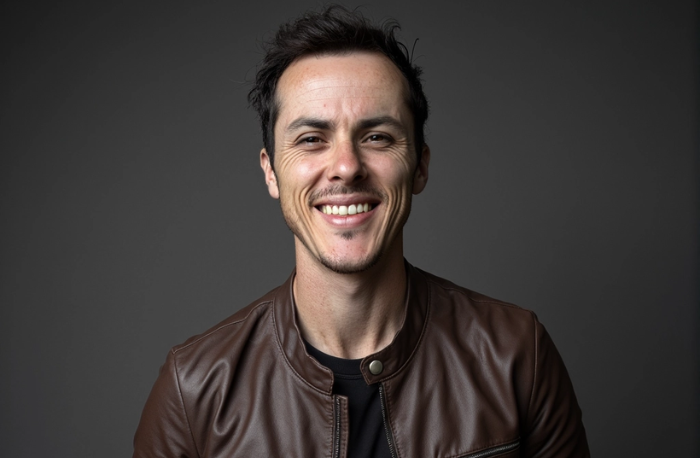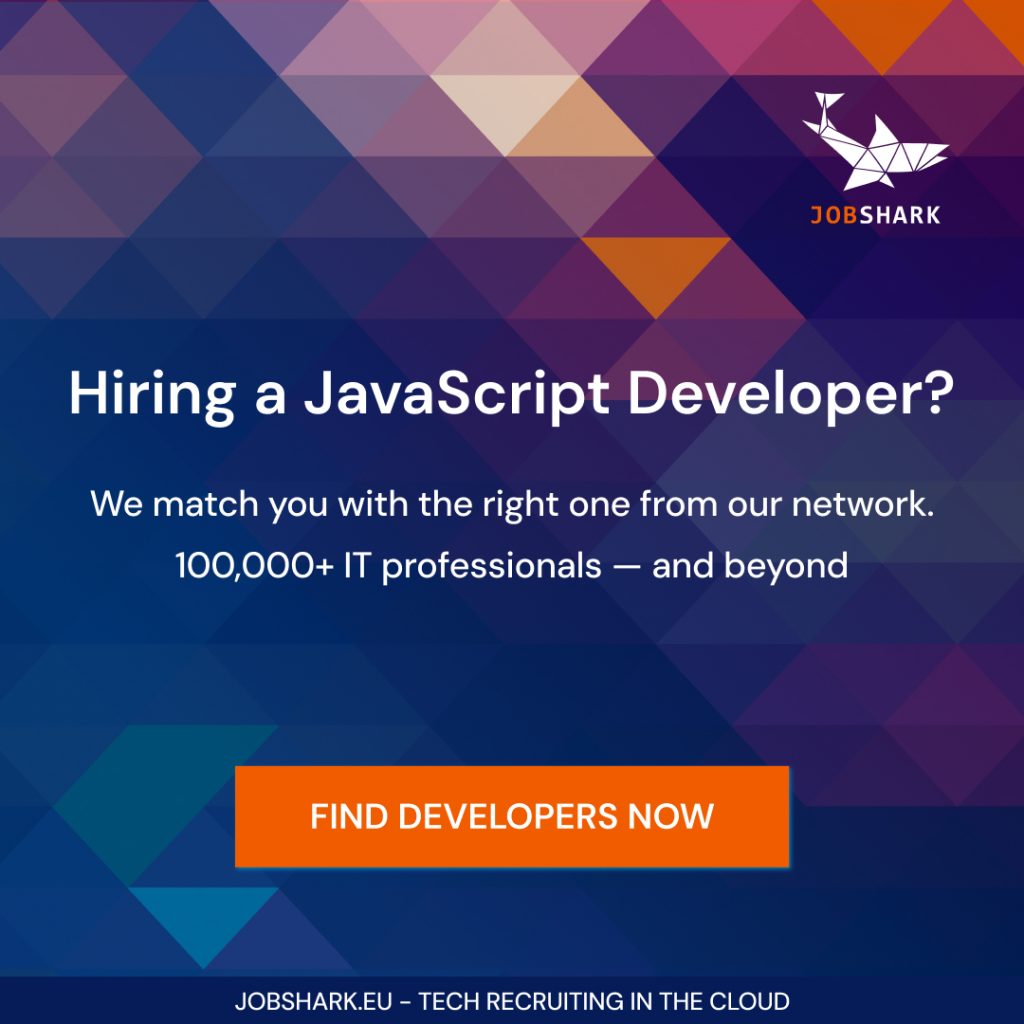Rapid experimentation on one side, grounded philosophy on the other: when tech founder Ivan Cordeiro Junior is not ideating and testing products on a fast-paced 90-day cycle at venture builder Marfin, he’s cultivating a thriving Stoic community of over 300,000 followers on Instagram. For this Oslo-based Brazilian entrepreneur — who fuses tropical vitality with Scandinavian stillness — there’s no dichotomy in sight: he draws on ancient wisdom to guide present-day business decisions.
In this conversation with TechTalents Insights, Cordeiro reflects on his Stoic approach to leadership, including a hard-earned lesson: letting go of the expectation that his team will match his level of emotional investment. In his words: “While it’s beautiful when people find purpose in their work, not everyone will feel that way. Some are simply working to pay bills, and that’s completely valid.”
These days, he chooses to focus on what is within his control: the environment he cultivates for his team. “My job as a founder is to create a healthy environment where people can do meaningful work,” he reflects, “not to ask them to sacrifice themselves for a mission that might not be theirs.”
Cordeiro shares how Marfin evolved from a marketing platform into a venture builder — and how he decides which ideas are worth pursuing. He also emphasizes his deep belief in remote work: “The deeper value lies in enabling a more balanced, humane way of working — one that fits into people’s lives instead of consuming them.”
Grab a cold drink and join us for a refreshing conversation at the intersection of Stoicism, tech, and entrepreneurship.
TechTalents Insights: At Marfin, you’ve launched a range of products — like a resume optimization tool for ATS, and an AI assistant for LinkedIn posts — as well as service-based offerings like “CTO as a service.” How do you decide which ideas are worth building?
Ivan Cordeiro Junior: Marfin wasn’t always a venture builder. It became one over time. We started as a marketing platform, but I realized we could be far more useful by building horizontally. I’ve always been curious about business and saw an opportunity to create multiple revenue streams instead of relying on just one.
That led to our current model: launching verticals across different areas. Some ideas come from clear market pain points, others emerge from experimentation or customer feedback. We also study global use cases and adapt them to the Brazilian market, where most of our users are today. We don’t reinvent the wheel if we can tropicalize something valuable.
TechTalents Insights: How do you evaluate early results to decide whether to double down on an idea or move on?
Ivan Cordeiro Junior: Every new product has a 90-day runway. We use that time to validate traction through user growth, revenue, or usage metrics. If we don’t see early signals of potential, we move on.
After building dozens of tools, pattern recognition helps. It’s part instinct, part experience, and part discipline in knowing when to let go.

TechTalents Insights: You recently shared a powerful reflection on your past leadership style — specifically, how you once expected a level of emotional investment from your team that, in hindsight, you now see as unfair. In practical terms, what did that expectation look like back then, and what do you expect now when it comes to emotional involvement or commitment?
Ivan Cordeiro Junior: In the early days, I saw the company as an extension of myself, almost like a child you nurture and protect. That emotional attachment made me expect the same level of commitment from everyone around me, which, in hindsight, was unfair.
Over time — and with therapy — I learned to separate who I am from what I build.
A company is an entity; it can transform or even disappear. And while it’s beautiful when people find purpose in their work, not everyone will feel that way. Some are simply working to pay bills, and that’s completely valid.
Today, I no longer expect emotional attachment. I see work as a transaction and, sometimes, when there’s alignment, it becomes something greater. But I never demand loyalty that isn’t natural. That kind of pressure can be harmful.
If the company ever needs to make tough decisions, it will prioritize itself. So I encourage people to do the same: prioritize their own lives first.
My job as a founder is to create a healthy environment where people can do meaningful work, not to ask them to sacrifice themselves for a mission that might not be theirs.
TechTalents Insights: One interesting fact about you is that you’ve built a community focused on Stoicism on Instagram with 300,000 followers. What inspired you to start this project?
Ivan Cordeiro Junior: I discovered Stoicism during a very difficult period of my life, while struggling with depression. I came across it through a TED Talk by Tim Ferriss, where he mentioned the philosophy. That was the first time I’d heard the word, and it sparked something in me. I started reading, and immediately connected with the principles, especially the idea that happiness comes from living with virtue, not chasing external rewards.
To stay close to the philosophy, I began posting daily Stoic quotes on Instagram — more as a personal practice than a project. But during the COVID-19 pandemic, the page resonated with thousands of people who were also searching for inner stability. It grew into a community of over 300,000 followers.
TechTalents Insights: How does Stoicism shape your daily routine or mindset?
Ivan Cordeiro Junior: What I love about Stoicism is how practical it is. It gives you tools to deal with uncertainty, to act with courage, and to focus only on what you can control. It helped me not just in life, but in business. I stopped making decisions out of fear or ego. I became more grounded, more just, more moderate, more deliberate.
The Stoic concept of ‘areté’ — living as your highest self — is something I carry into every day. It’s not about perfection. It’s about closing the gap between who you are and who you’re capable of becoming. That’s the kind of life I want to live. And it’s the energy I try to bring into the work I do and the people I lead.
TechTalents Insights: You’ve been living in Norway for a few years now. What cultural differences have you noticed in the way people work compared to your home country, Brazil? And more broadly, what do you value most about Nordic society and culture?
Ivan Cordeiro Junior: Moving to Norway was a turning point in my life. I was shocked, in the best way, to see people maintaining a genuinely healthy balance between work and personal life.
In Brazil, we often build our entire lives around work. Here, people leave the office at 2 or 3 p.m. to enjoy the sunlight, and that only made sense to me after my first winter, when sunlight is nearly absent for months.
One thing that stood out to me is how deeply embedded family and leisure are in the culture.
In Norway, effective leadership extends beyond professional achievements. It encompasses the successful management of one’s family life. If you’re constantly working and unavailable to your loved ones, that’s seen as a red flag. There’s a social expectation to be a present parent, a supportive partner. And I think that’s beautiful.
Politically and socially, I also admire the concept of the welfare state here. It reflects a long-term vision of care and equity that I believe in, even if I recognize it’s not easily replicable in Brazil, given our historical and structural differences.
I’ve also embraced Nordic traditions like going to a cabin in the forest during winter or spending quiet time in nature instead of chasing constant stimulation. This way of life — calm, moderate, and less obsessed with infinite growth — has changed how I see ambition and success. It made me rethink what kind of life I actually want to live.
TechTalents Insights: Can you share what you’ve learned from working remotely and leading a remote team — both the challenges and what’s worked particularly well?
Ivan Cordeiro Junior: Remote work resonates deeply with me, not just as a logistical solution, but as a principle. I believe that if a job can be done from anywhere, it should be done from anywhere.
It makes no sense to force people into commutes, traffic, and physical offices when their work doesn’t require it. Giving people autonomy over where they work is a form of respect.
Second, I see remote work as a cause, not just a cost-saving strategy. Yes, it reduces office expenses, but that’s not the point. The deeper value lies in enabling a more balanced, humane way of working — one that fits into people’s lives instead of consuming them.
My belief in remote work came from personal experience. I used to wake up at 5 a.m. just to sit at a desk by 8 a.m. doing work I could have done from home. That disconnect opened my eyes.
But remote isn’t just office work, spread out. It’s a whole new way of managing, communicating, and collaborating. Not everyone thrives in this model as it demands more ownership, clearer communication, and intentional relationship-building.
As a remote leader managing teams across time zones, I’ve had to learn how to align expectations, help nurture our team culture even when we’re not all in the same place at the same time, and make space for meaningful human connection, which comes naturally in a physical office but needs to be designed in a remote one.
The upside is huge: happier people, more efficient schedules, fewer commutes, better life-work balance. And perhaps most importantly, access to global talent. You’re no longer limited by geography. You can find the best people, anywhere. That alone makes remote companies more powerful, more diverse, and often more effective than location-bound ones. We are intentionally shaping the future of work, beyond just offering flexibility.

TechTalents Insights: You were also an entrepreneur in the music industry. Can you share more about that chapter of your journey?
Ivan Cordeiro Junior: Music was actually my entry point into entrepreneurship. I started learning digital marketing not because I had a business, but because I wanted to promote my band. We had original songs, and I began treating the band as a business. I was heavily inspired by Linkin Park, who had their own company called Machine Shop to handle all the business aspects of the band. That model really stuck with me.
Eventually, I created my first digital product: an online course to help independent musicians manage the business side of their careers.
That’s also how I met my first cofounder. He had been managing bands and had this idea, a platform to teach musicians how to run their careers like businesses. We took that idea off the shelf and built our first startup together, long before we even knew what the word “startup” meant.
It was something like “Spotify for music business education,” offering on-demand videos to teach artists how to manage their careers. In building it, we learned hard lessons about market size, scalability, and reaching break-even. The project didn’t succeed in the end, but it was a powerful education, and it laid the foundation for everything I built afterward.
You’ve got an eye for valuable content
Build on that by joining the TechTalents Insights community and getting curated trends and expert perspectives every other week — free in your inbox. How? Just click here.




